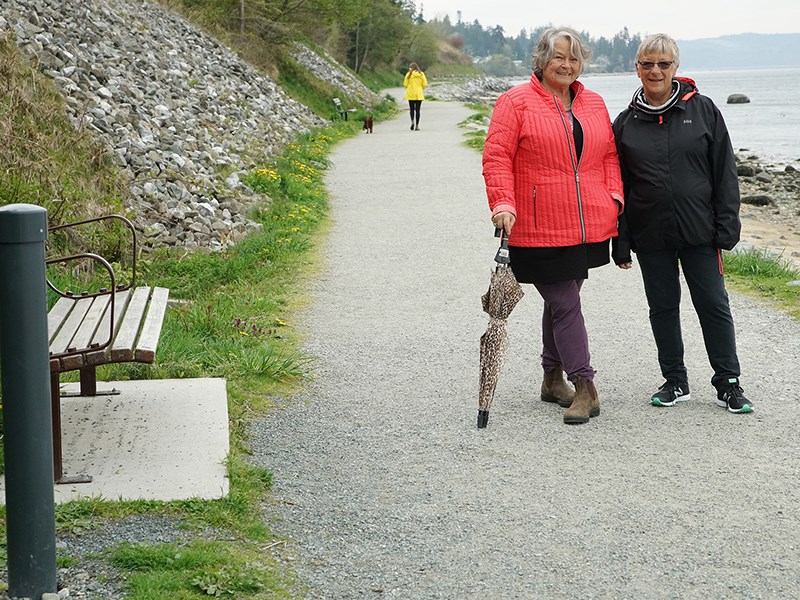General admission fees for Powell River Recreation Complex in 2019 will remain the same as the 2018 admission fees.
At the Thursday, April 4, City of Powell River Council meeting, parks, recreation and culture fees for 2019 were adopted. Councillor Jim Palm said the good news on the recreation front this year is that the city is not increasing any fees for entry to the recreation complex for the various programs. He said there would be a small increase to some of the room rentals and rentals of ice.
“All of those increases have been limited to around the two per cent range,” said Palm. “I want to compliment the fine work our recreational staff did to reach out to 27 other municipalities. They got a broad range of what’s being charged around the coast. Staff made reasonable adjustments to our fees to reflect what is being charged elsewhere. We’re very happy about this.”
In an interview, parks recreation and culture director Ray Boogaards said his department wanted to put together a fees plan, looking at what other local governments are charging. He said a survey was completed and the comparison showed that Powell River was on the high side of average for fees for adults.
“We looked at those types of things and said we’d better hold the line,” said Boogaards.
Where the city was lower than comparative municipalities, that’s where the increases occurred.
“We really want to make sure we are not pricing ourselves out of the market,” said Boogaards.
The city wants to keep its rates affordable, and for people who cannot afford to make use of the recreation complex, there is a financial assistant program. If people fall under the Canada Revenue Agency low income measurement, they can receive 52 passes once they make successful application.
“Our goal is to get people into this building and keep it affordable,” said Boogaards. “Our goal is to become a really healthy community or a very active community. It would be great to be the healthiest or most active community in BC.”
Boogaards said numbers are going up and the department is tracking usage a lot more. An example is the counting equipment installed on the sea walk, Willingdon Beach forestry trail and triple bypass trail.
“It’s unbelievable how many people there were in the first quarter of this year, when the weather wasn’t that great most days,” said Boogaards. “You see a lot of people on the sea walk but the forestry trail is right behind it in numbers.”
According to Boogaards, from January 1 to March 31, approximately 37,500 people were counted at the three sites, including 19,078 at the sea walk, 13,561 on the Willingdon Beach trail and 4,883 in Millennium Park. On March 9, 785 people were counted on the sea walk, which was the highest count day on the trail. Sundays are busiest, with the busiest time on the trails between 2 and 3 pm.
Boogaards said he has accurate numbers on how many people are using the pool, for example, but he’d like to get figures on how many people are actually using the recreation complex. He is looking into technology that will provide those figures, which, he said, are valuable for fully assessing the recreation complex operation and where to allocate resources.
Numbers are also going up for spring and summer program registrations. As of April 1, there had been 785 spring program registrations and 67 summer program registrations. This compares to 2018 figures of 515 spring registrations and 27 summer program registrations.
Boogaards said his department wants to provide value for Powell River residents.
“Now that the qathet Regional District and Tla’amin Nation are partners in the operation of this building, we want to show value for the whole area,” said Boogaards. “It’s important for us to find ways of providing that value.”



